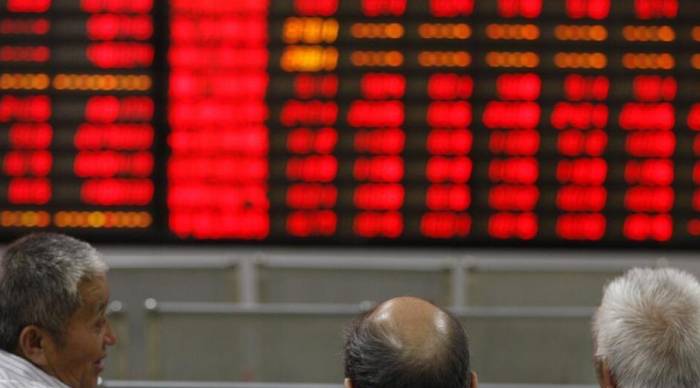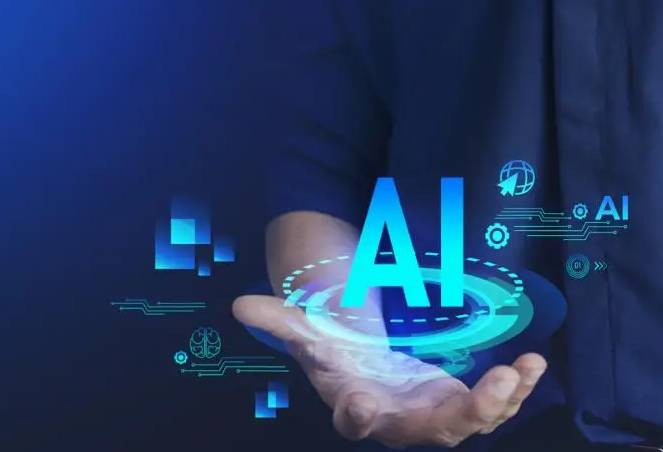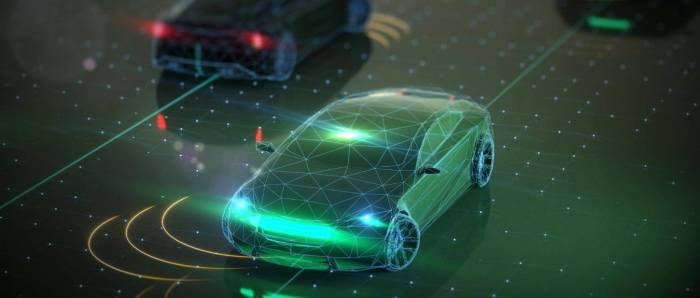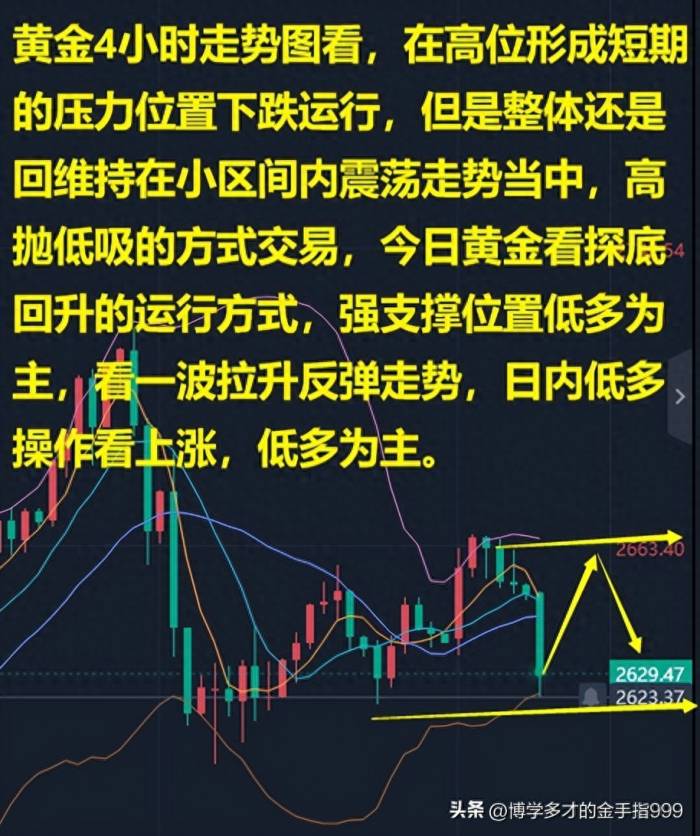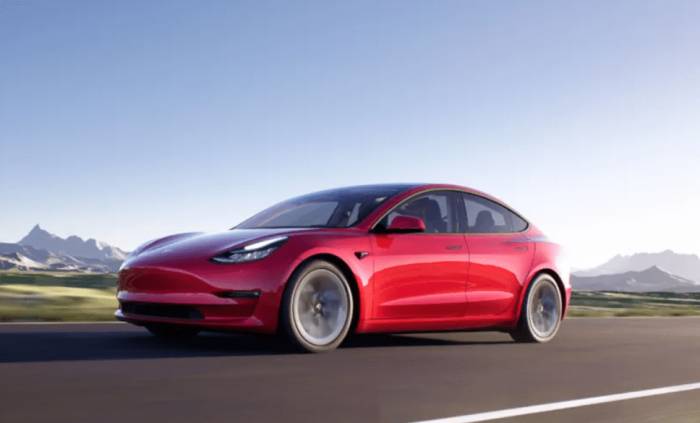In a surprising turn of events, recent court filings have revealed a significant legal entanglement involving some of the most notable figures in the technology sector. At the center of it all is Elon Musk, the billionaire entrepreneur known for his ventures such as Tesla and SpaceX, who has set his sights on OpenAI and its affiliates. Musk's legal team has lodged a complaint in the Northern District of California Federal Court, seeking a preliminary injunction against OpenAI and several key players, including Microsoft, citing anti-competitive behavior.
The accusations outlined in the lawsuit are serious and paint a picture of a competitive landscape rife with potential conflicts of interest. Musk's legal representatives allege that OpenAI, under the leadership of CEO Sam Altman and President Greg Brockman, has engaged in actions designed to stifle competition. Notably, they claim that these actions include deterring investors from supporting Musk's own AI company, xAI, which they see as a direct competitor to OpenAI.
Further allegations suggest that OpenAI has been benefiting from what Musk’s attorneys describe as "illegally obtained competitive sensitive information" through its close relationship with Microsoft. This raises eyebrows about the ethicality of information sharing in the tech industry where the race for AI supremacy is intense. The lawsuit also asserts that OpenAI's corporate structure has shifted towards a profit-driven model, allegedly transferring valuable assets, including intellectual property, away from its original philanthropic roots.
Moreover, Musk's team argues that OpenAI's dealings with organizations that have significant financial interests in its operations present a clear conflict of interest. The legal representatives assert that if the preliminary injunction is not granted, it could result in "irreparable harm" to Musk, the public, and OpenAI's original mission of ensuring safe AI development. Musk, who co-founded OpenAI in hopes of steering AI research in a positive direction, claims he was misled into contributing more than $44 million to the organization by emphasizing potential existential risks posed by AI.
Interestingly, Musk's relationship with OpenAI deteriorated in 2018, leading to his departure from the organization. He later established xAI, which quickly grew to prominence with the launch of Grok, a generative AI model that powers various functions on Musk’s social media platform, X (formerly Twitter). Through xAI, Musk offers an API that enables developers to integrate Grok into their applications, potentially positioning his company as a solid competitor to OpenAI in the ever-growing AI market.
The animosity has escalated, with allegations suggesting that OpenAI has pressured investors not to support xAI, further exacerbating tensions. Reports indicate that during a recent funding round, OpenAI explicitly requested its investors to abstain from investing in competitors, creating a tension-filled atmosphere in the tech funding space.
While Musk's xAI appears to be thriving financially, having recently completed a staggering $5 billion funding round, the legal dispute highlights the competitive nature of the AI industry. Significant investors like Andreessen Horowitz and Fidelity contributed to xAI’s funding, suggesting that Musk's venture is well-capitalized and poised to challenge established players. Nonetheless, Musk’s legal team maintains that these competitive maneuvers by OpenAI jeopardize the financial stability of new contenders in the field.
Beyond the funding issues, the lawsuit indicates that there are deeper conflicts emerging from the intertwining interests of executives at Microsoft and OpenAI. The legal papers reveal concerns over self-dealing practices, particularly pointing to Altman’s substantial financial involvement with payment processor Stripe, which OpenAI has selected as its service provider. This dual relationship raises critical questions about how intertwined corporate governance can create severe conflicts, potentially harming competition.
The collaboration between Microsoft and OpenAI has been ongoing, with Microsoft's investments escalating to approximately $13 billion since 2019. This partnership has allowed OpenAI to leverage Microsoft’s extensive cloud infrastructure, which is vital for training complex AI models, including those that power various applications like ChatGPT. Musk's lawyers suggest that the significant financial linkages between the companies directly undermine competitive fairness, calling for immediate intervention to preserve the integrity of the AI research landscape.
As this legal drama unfolds, discussions about the ethics of profit in tech and the implications for future AI advancements are inevitable. Musk’s lawsuit and the request for an injunction reflect broader concerns about the responsibilities of AI organizations as they evolve from their initial mandates. With Musk's assertion that OpenAI has strayed from its charitable mission, the court may be faced with pivotal questions regarding the ethical obligations of tech entities in a rapidly changing environment.
The lawyers representing Musk argue that preserving OpenAI’s nonprofit status is essential to safeguard public trust and the founding vision of responsible AI. If the court does not grant the injunction, Musk's legal team warns of dire consequences not only for xAI but also for the integrity of AI as a field. They emphasize that potential damages could be significant if OpenAI can no longer act within its purported mission. This situation raises crucial conversations about the role of courts in mediating corporate competition in the technology sector.
In the face of mounting legal challenges, OpenAI has dismissed Musk’s claims as "hyperbolic" and lacking in substantive foundation, portraying the lawsuit as a means for Musk to regain competitive advantage in a sector he initially helped to shape. The eventual outcome of this legal conflict may have far-reaching implications for the tech industry, influencing how AI companies operate and interact moving forward.
This saga encapsulates a dramatic moment in the larger narrative of AI development, where innovation, corporate strategy, and ethical considerations collide. As Musk's legal battle with OpenAI progresses, it remains to be seen whether it will lead to significant changes in how AI companies function or whether it will simply be another chapter in the ongoing saga of competition in the tech space.

